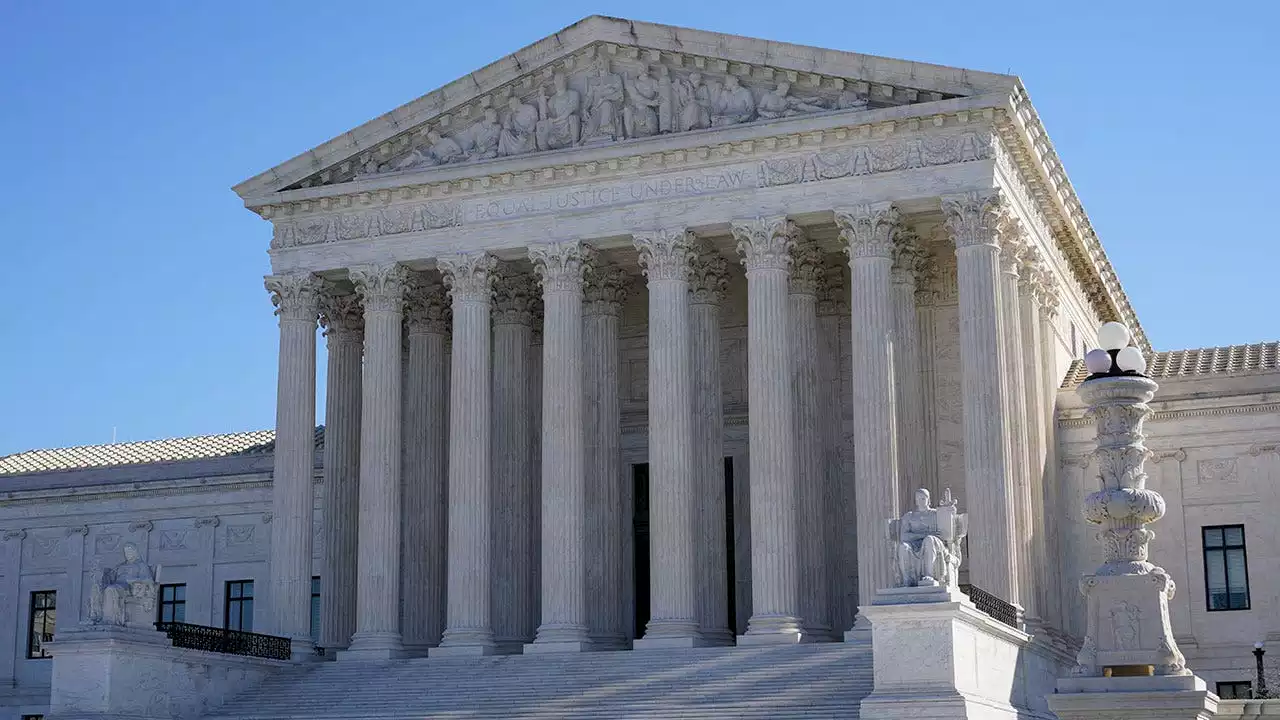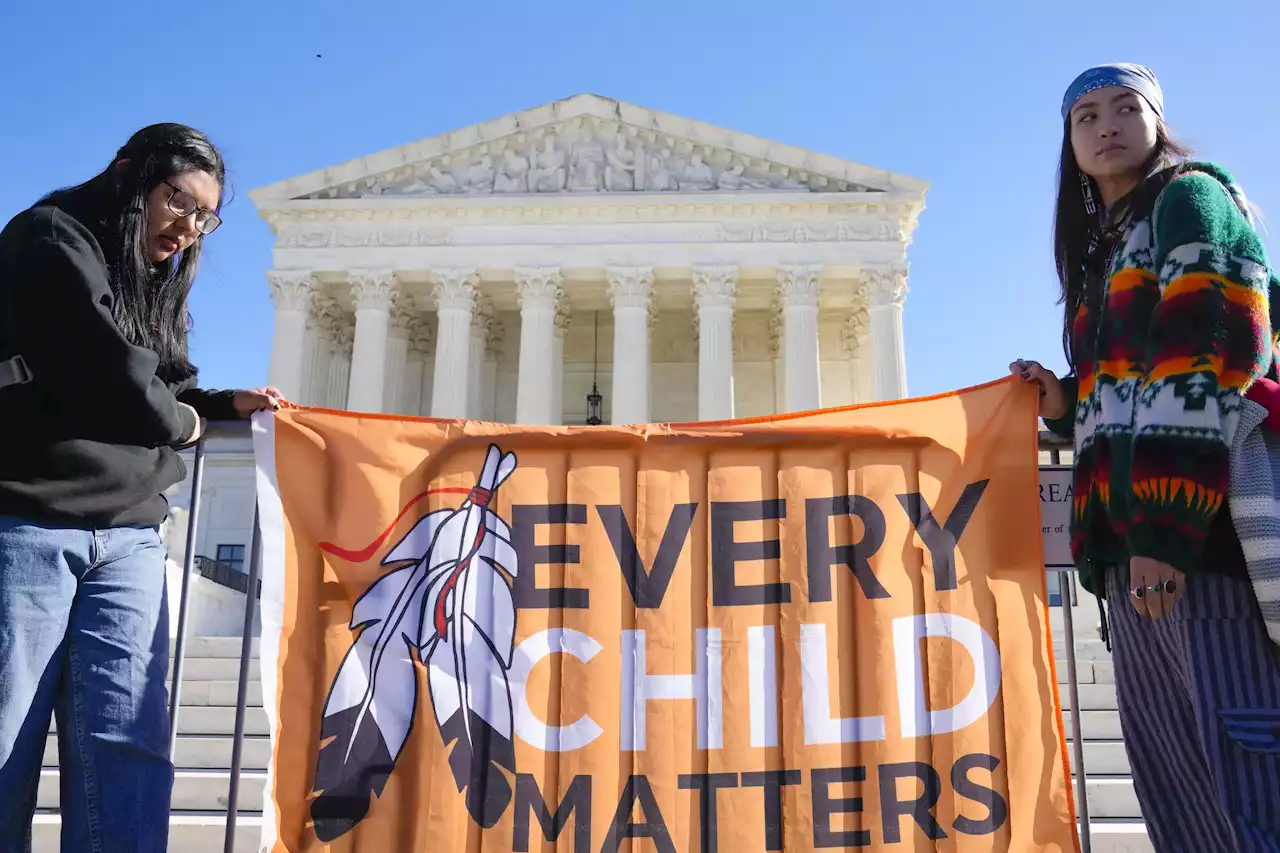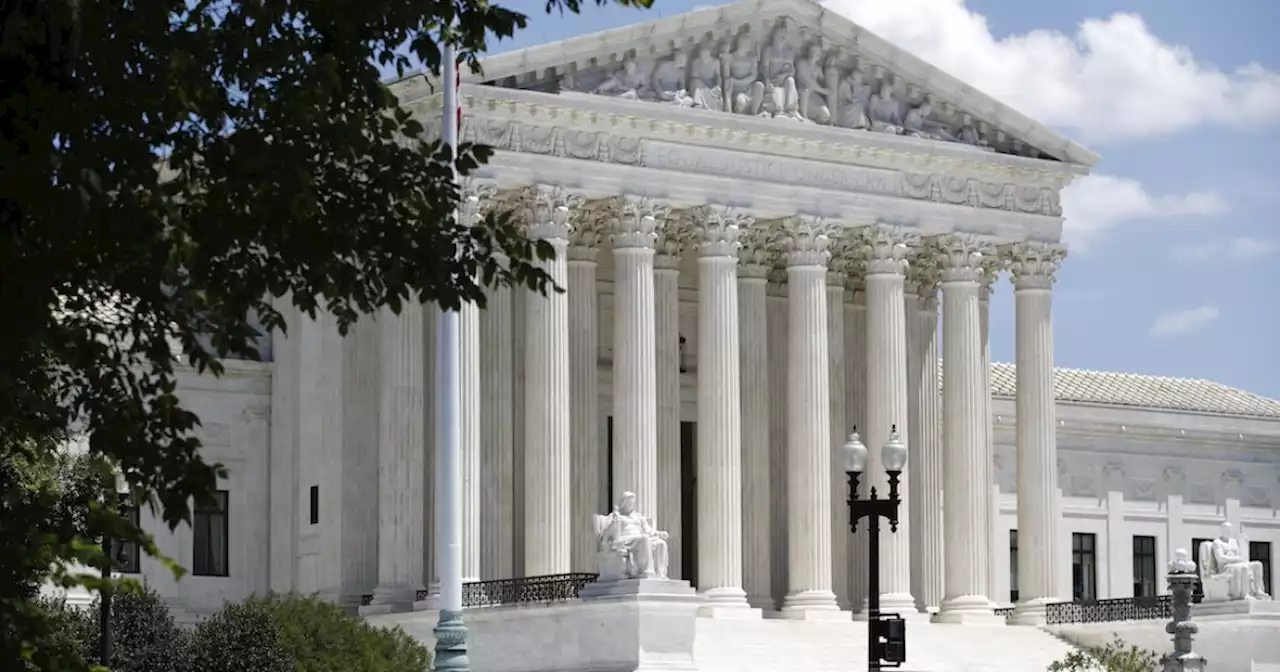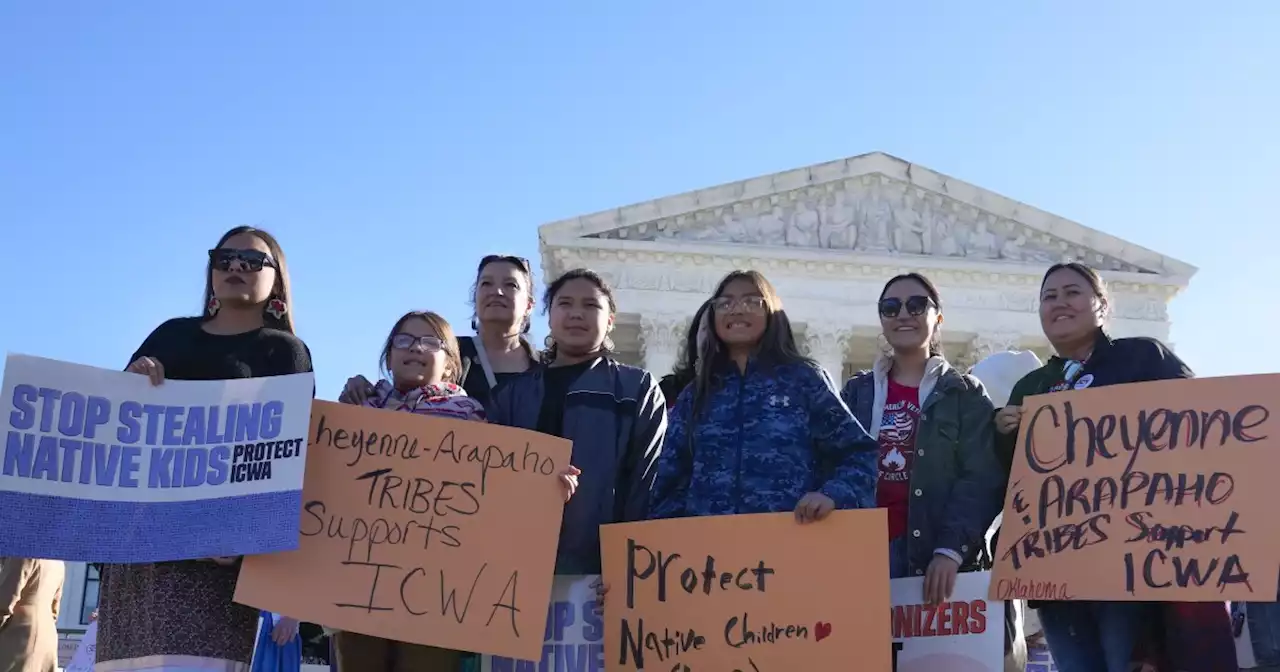The Supreme Court has preserved the system that gives preference to Native American families in foster care and adoption proceedings of Native children.
WASHINGTON — The Supreme Court on Thursday preserved the system that gives preference to Native American families in foster care and adoption proceedings of Native children, rejecting a broad attack from some Republican-led states and white families who argued it is based on race.
Justices Clarence Thomas and Samuel Alito dissented, each writing that Congress lacks the authority to interfere with foster care placements and adoptions, typically the province of the states. The decision, Alito wrote, “disserves the rights and interests of these children.” President Joe Biden, whose administration defended the law at the high court, noted that he supported the law 45 years ago when was a Democratic senator from Delaware.
Three white families, the state of Texas and a small number of other states claimed the law is unconstitutional under the equal protection clause because it was based on race. They also contended it puts the interests of tribes ahead of children and improperly allows the federal government too much power over adoptions and foster placements, areas that typically are under state control.
“In my view, the equal protection issue is serious,” Kavanaugh wrote, commenting that the race of prospective parents and children could be used to reject a foster placement or adoption, “even if the placement is otherwise determined to be in the child’s best interests.”
Canada Latest News, Canada Headlines
Similar News:You can also read news stories similar to this one that we have collected from other news sources.
 Supreme Court upholds law designed to keep Native American children connected to Native familiesThe Indian Child Welfare Act was upheld by the Supreme Court despite challenges from several states and families looking to adopt Native American children.
Supreme Court upholds law designed to keep Native American children connected to Native familiesThe Indian Child Welfare Act was upheld by the Supreme Court despite challenges from several states and families looking to adopt Native American children.
Read more »
 Supreme Court rejects challenge to Native American child welfare lawThe Supreme Court has preserved the system that gives preference to Native American families in foster care and adoption proceedings of Native children
Supreme Court rejects challenge to Native American child welfare lawThe Supreme Court has preserved the system that gives preference to Native American families in foster care and adoption proceedings of Native children
Read more »
 Supreme Court rejects challenge to Native American child welfare lawBREAKING: The U.S. Supreme Court preserved the system that gives preference to Native American families in foster care and adoption proceedings of Native children, rejecting a broad attack from Republican-led states and white families.
Supreme Court rejects challenge to Native American child welfare lawBREAKING: The U.S. Supreme Court preserved the system that gives preference to Native American families in foster care and adoption proceedings of Native children, rejecting a broad attack from Republican-led states and white families.
Read more »
 Supreme Court upholds Native American child welfare lawThe court left in place the 1978 Indian Child Welfare Act, which was enacted to address concerns that Native children were being separated from their families and, too frequently, placed in non-Native homes.
Supreme Court upholds Native American child welfare lawThe court left in place the 1978 Indian Child Welfare Act, which was enacted to address concerns that Native children were being separated from their families and, too frequently, placed in non-Native homes.
Read more »
 Supreme Court upholds Native American child welfare lawThe court left in place the 1978 Indian Child Welfare Act, which was enacted to address concerns that Native children were being separated from their families and, too frequently, placed in non-Native homes.
Supreme Court upholds Native American child welfare lawThe court left in place the 1978 Indian Child Welfare Act, which was enacted to address concerns that Native children were being separated from their families and, too frequently, placed in non-Native homes.
Read more »
 Supreme Court rejects challenge to Native American child welfare lawNEW THIS MORNING: In a 7-2 decision, the Supreme Court preserved the system that gives preference to Native American families in foster care and adoption proceedings of Native children.
Supreme Court rejects challenge to Native American child welfare lawNEW THIS MORNING: In a 7-2 decision, the Supreme Court preserved the system that gives preference to Native American families in foster care and adoption proceedings of Native children.
Read more »
